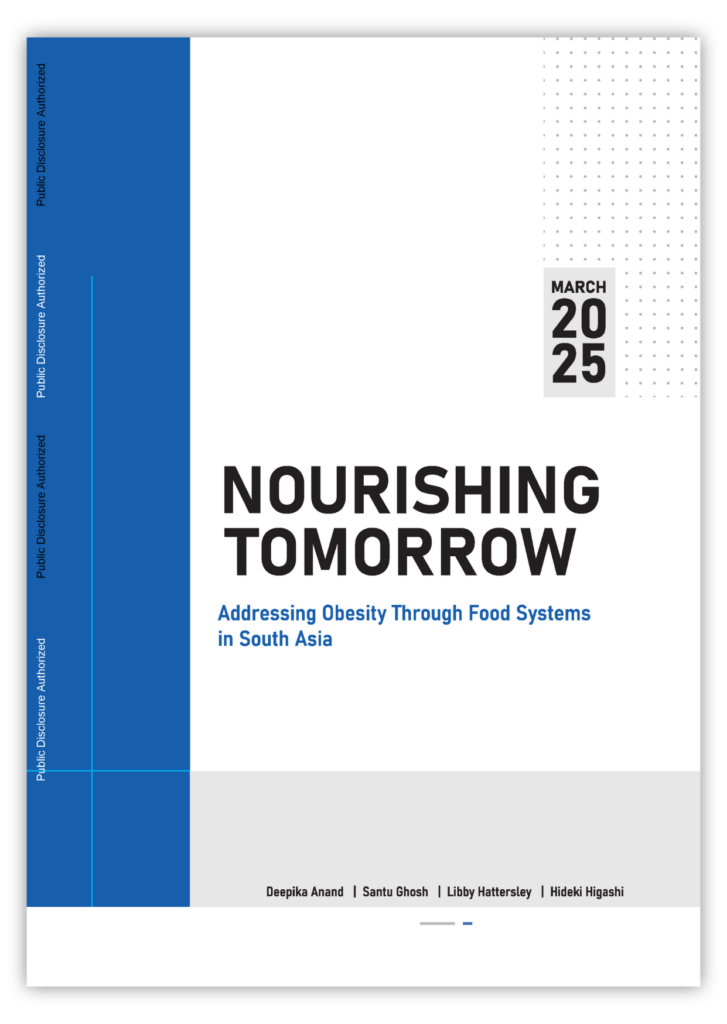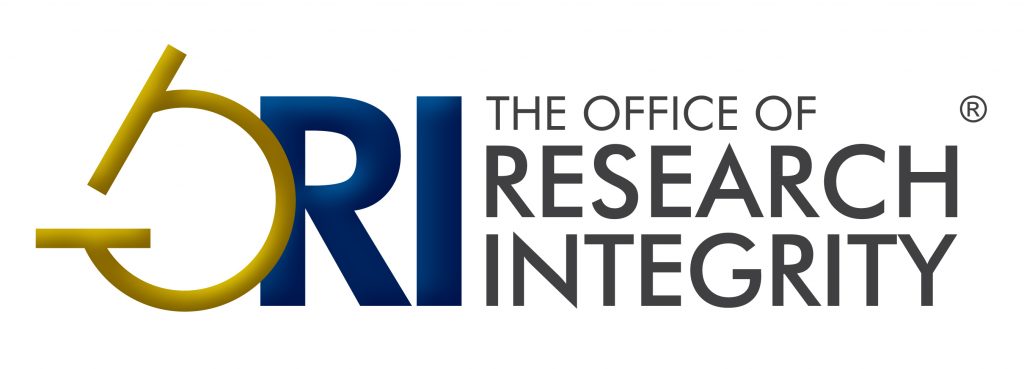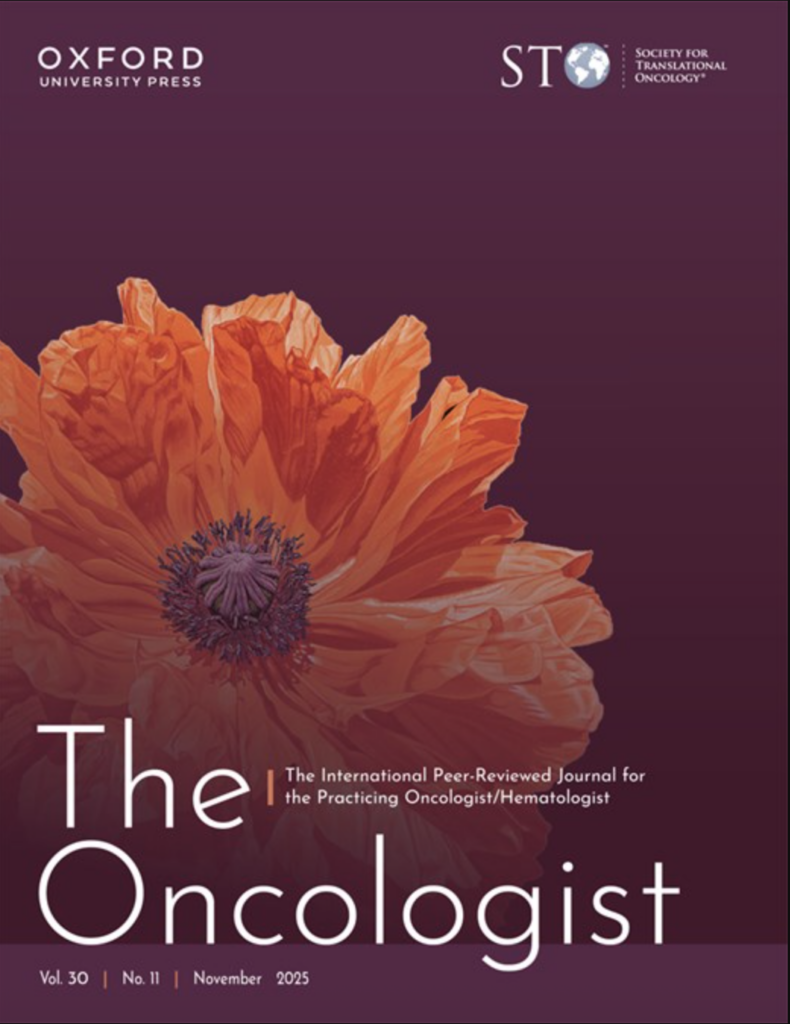
Dear RW readers, we look forward to wrapping up the week with Weekend Reads. If you enjoy it too, please consider showing your support with a tax-deductible donation. Retraction Watch and the Retraction Watch Database are projects of The Center of Scientific Integrity. Others include the Medical Evidence Project, the Hijacked Journal Checker, and the Sleuths in Residence Program. Help support this work.
The week at Retraction Watch featured:
- Exclusive: In reversal, former vice chancellor in Pakistan who was let off hook for plagiarism faces sanctions
- Dana-Farber settles suit alleging image manipulation for $15 million
- ‘Elite cohort’ of biz school scholars and editors scratch each others’ backs, study finds
- ORI has released just two misconduct findings this year
- World Bank report ‘removed for review’ of nonexistent references after Retraction Watch inquiry
Here’s what was happening elsewhere (some of these items may be paywalled, metered access, or require free registration to read):
Continue reading Weekend reads: ‘How long does it take to kill zombie papers?’; ‘The H-Index of Suspicion’; former Springer editors launch new journal






